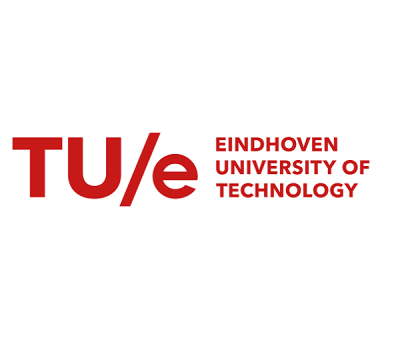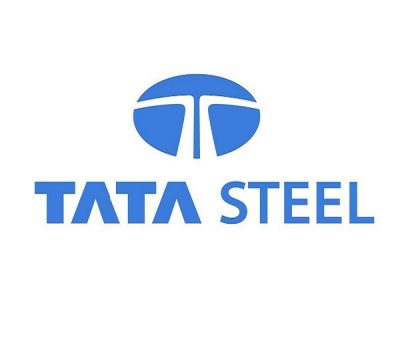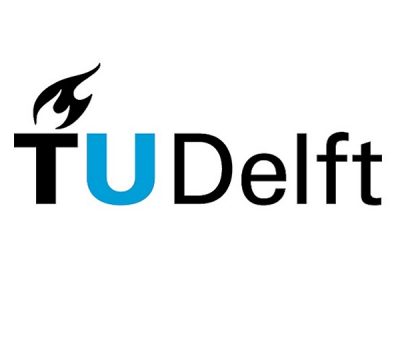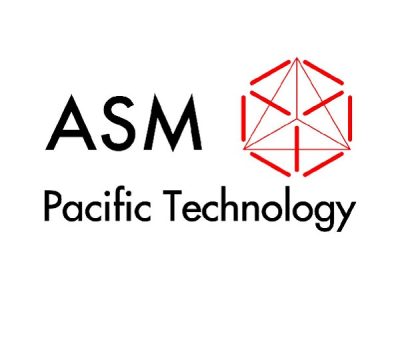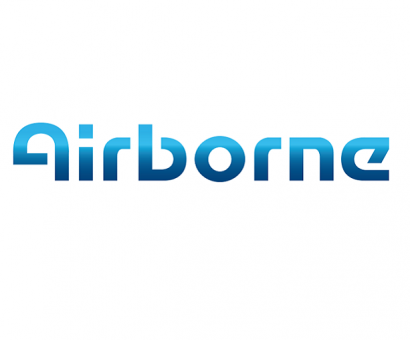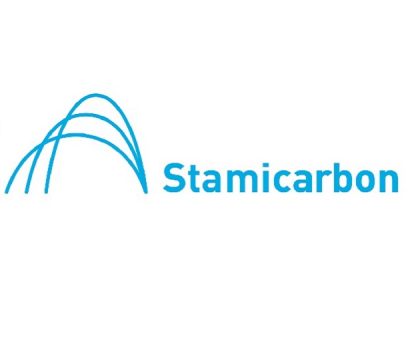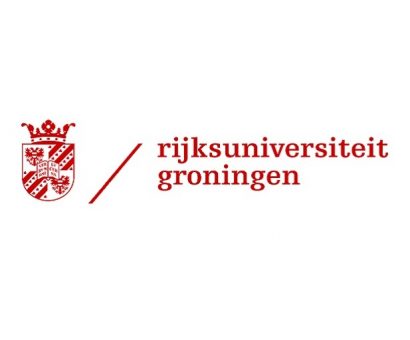Autonomous Process & Control Reconfiguration and Optimalisation
This project aims at the development of generic frameworks, methods and tools for autonomous controller tuning, adaptation, reconfiguration, and performance optimization using data-enriched, hybrid models (both on machine and production system level), such that these are suitable for:
- deciding on which uncertainty representation is most suitable, and
- which control approach to use based on process characteristics.
These models come with a variety of control objectives, namely:
- robustification against unseen data,
- learning how to adapt a supervisory controller,
- automating online performance optimization, and
- scalability.

Challenges
In this project, we will tackle the following scientific challenges.
- How do we autonomously reconfigure (networks of) control systems for optimizing both individual machine performance and the operations of the whole network using digital twins?
- How should uncertainty be represented and handled in customizable, flexible production systems with different operating modes?
- Which control methods are most suitable to accommodate deterministic (worst-case), and stochastic uncertainties in the system?
In contrast to Project 4, which is aimed at detecting and reacting to events that disrupt normal operation, the activities in this project focus on a long-term sequential decision-making problem within the whole process by collecting informative data for some time and adapting the decisions to ensure high performance under uncertain and varying circumstances, and therewith improving system agility.
Fit within Digital Twin
Overall, the main goal of this project is to develop and exploit methods for autonomous controller tuning, adaptation and reconfiguration, and performance optimization, both on machine and production system level. We will rely on the improved digital twins and the health management and anomaly detection methods being developed in the other projects of the entire research programme. The considered use-cases include real-time process control reconfiguration/adaptation of the HIsarna steel-making process, adaptive process control of the Automated Laminating Cell robot, automated online performance optimization for high-tech semi-conductor equipment, and other flexible manufacturing systems.
People on Project 5
Project leader: Prof. dr. ir. Tamas Keviczky

Principal Investigators:
- Prof. dr. C. De Persis, Univerity of Groningen
- Prof. dr. ir. B. Jayawardhana, University of Groningen
- Prof. dr. ir. N. van de Wouw, Eindhoven University of Technology & University of Minnesota, U.S.A.
- Dr. A. Saccon (M.Sc.), Eindhoven University of Technology
- Dr. P. Mohajerin Esfahani, Delft University of Technology
5.1. Automated data-based performance optimization of control systems
 Within the Dynamics and Control group of the department of Mechanical Engineering at Eindhoven University of Technology, Wouter works on developing a data-based performance optimization strategy to make control systems agile under changing circumstances, guaranteeing optimal performance in terms of time-varying system behavior, while dealing with changing circumstances of use, hard constraints related to hardware and customer specifications, and nonlinear system behavior.
Within the Dynamics and Control group of the department of Mechanical Engineering at Eindhoven University of Technology, Wouter works on developing a data-based performance optimization strategy to make control systems agile under changing circumstances, guaranteeing optimal performance in terms of time-varying system behavior, while dealing with changing circumstances of use, hard constraints related to hardware and customer specifications, and nonlinear system behavior.
5.2. Distributionally robust control algorithms for reconfigurable control
 At the Delft Center for Systems and Control, located at Delft University of Technology, Gyula will develop control algorithms that are robust against a class of random distributions, meaning they can potentially deal with never-before-seen situations and thus improving the (worst-case) performance of systems/plants.
At the Delft Center for Systems and Control, located at Delft University of Technology, Gyula will develop control algorithms that are robust against a class of random distributions, meaning they can potentially deal with never-before-seen situations and thus improving the (worst-case) performance of systems/plants.
5.3. Learning control algorithms for autonomous reconfiguration of machine/process systems
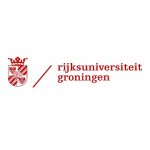
Please take a look at our vacancy page.
